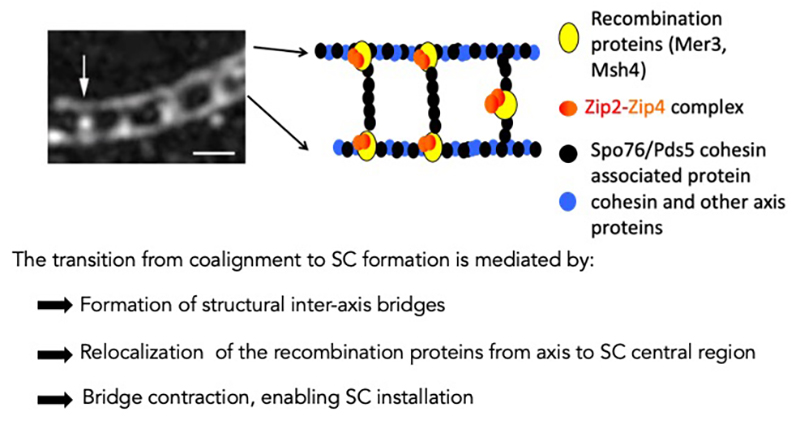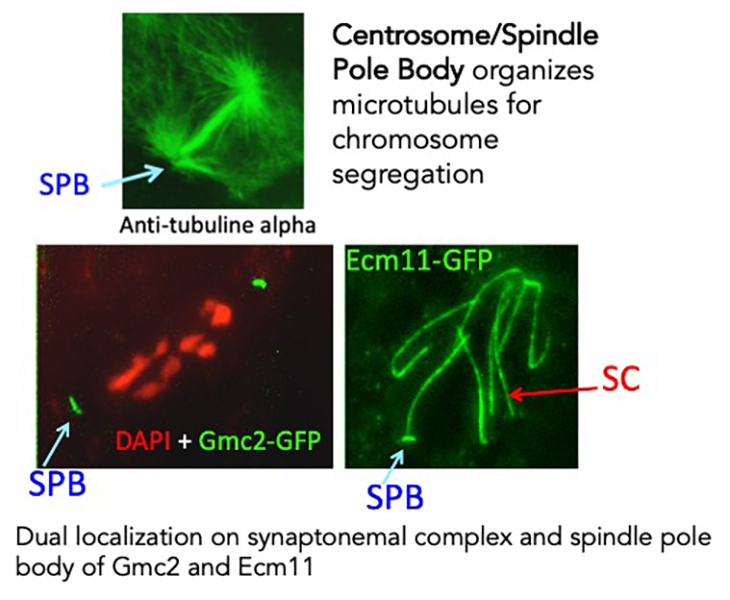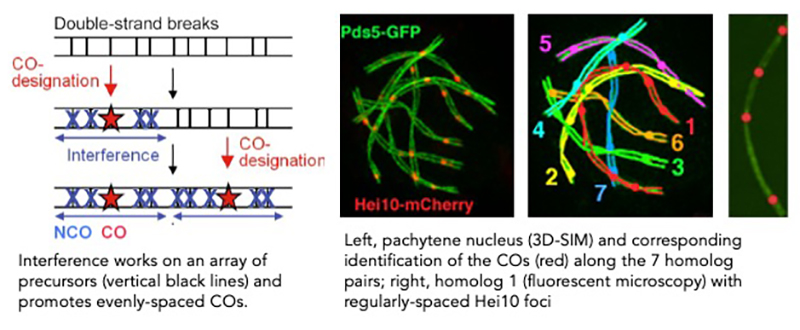Meiotic Recombination and Pairing
Accurate transmission of genetic material to its offspring is the challenge encountered by all living organisms. Our team focuses on meiosis, a key step for fertility and genetic diversity in sexually reproducing organisms. Using a multidisciplinary approach, our research aims specifically to elucidate two basic and interdependent challenges of meiosis: recombination at the DNA level and homologous chromosome pairing, both essential for accurate chromosome segregation. Failure in these processes are leading causes of congenital diseases and sterility in humans or in plants.
Meiosis is the specialized cellular program by which a diploid germline cell gives rise to haploid gametes for reproduction. Its successful execution includes recognition and pairing of homologous maternal and paternal chromosomes (homologs) and establishment of inter-homolog recombinational interactions (crossover/chiasmata) that create the physical linkages required for their correct segregation. Errors in segregation lead to extra or missing chromosomes in gametes (aneuploidy), a major cause of human pregnancy failure and dozens of recurrent congenital disorders (such as trisomy 21), as well as sterility in animal and plants. Moreover, meiotic recombination is a major force of evolution: it can create new and advantageous genetic combinations, but it can also break down existing favorable ones. The frequency and distribution of crossovers dictate therefore, which traits are inherited together and which ones are re-assorted to produce new allelic combinations on which selection can act. However, the mechanisms responsible for crossover frequency and spatial patterning remain poorly understood. To investigate the players involved, we use genetics, genomics, molecular biology and high-resolution cytology approaches to identify the genetic factors responsible for chromosome segregation defects and the mechanisms controlling the number and the distribution of crossovers in two powerful cytological systems: the filamentous fungus Sordaria macrospora and the plant Arabidopsis thaliana.
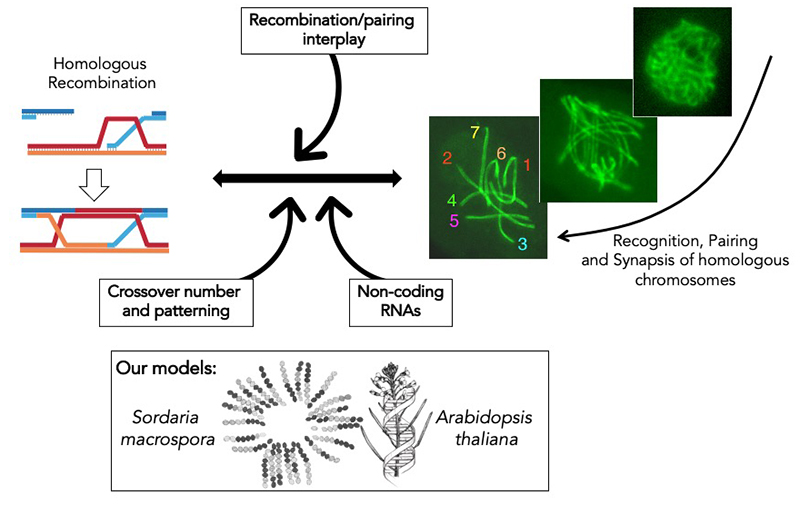
Topics
team

Group Leader Associate Professor
Associate Professor
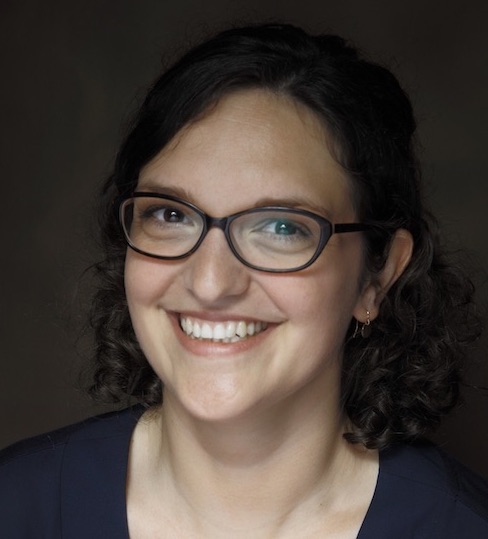
Researcher
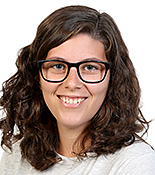
Researcher
Volunteer Researcher
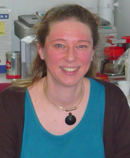
Engineer
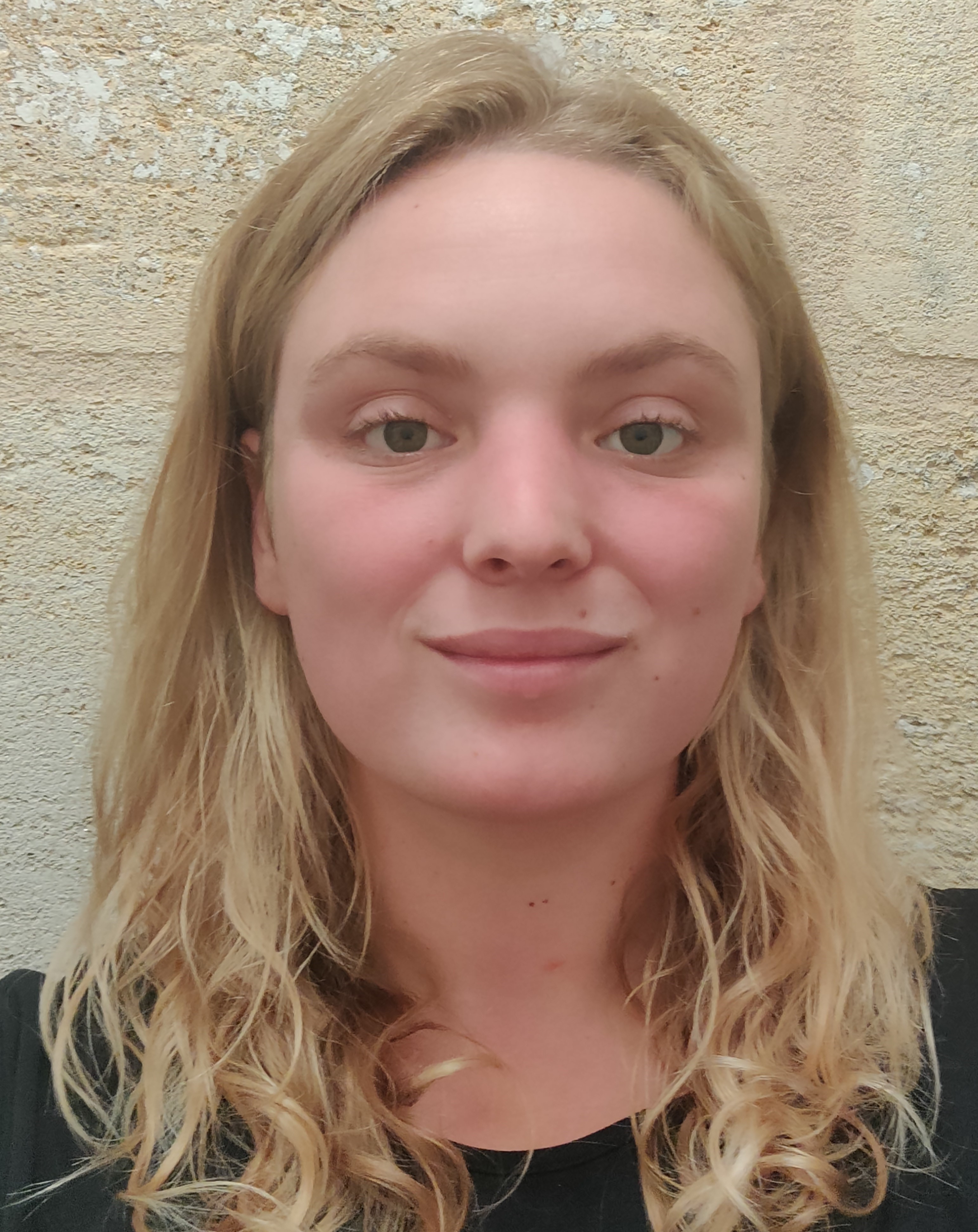
Engineer
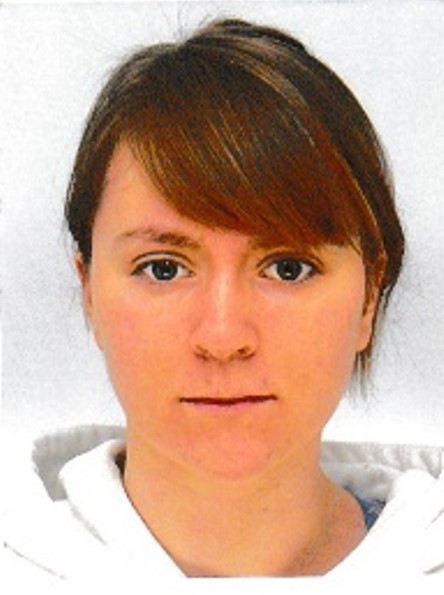
Engineer
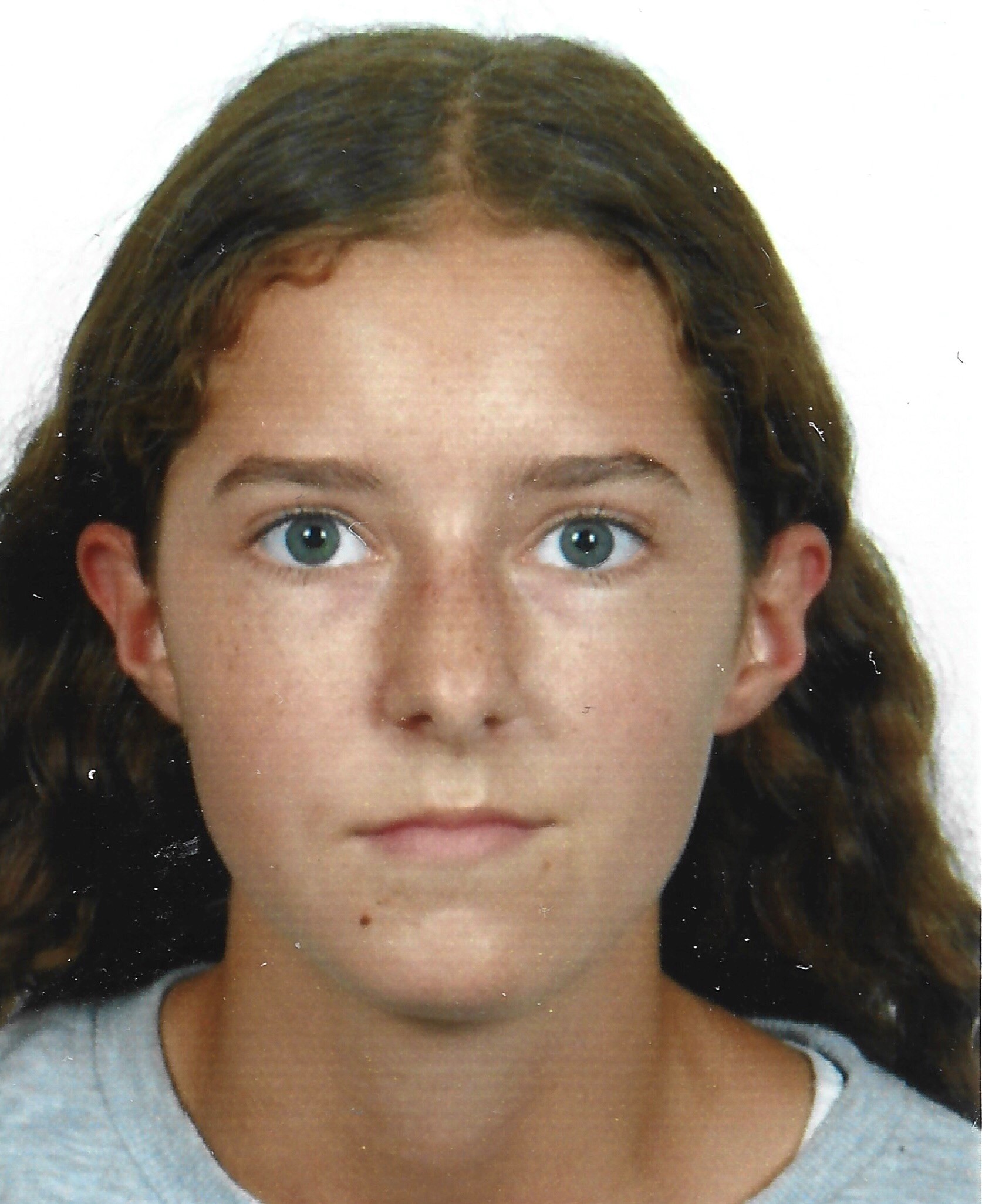
Engineer
PhD student
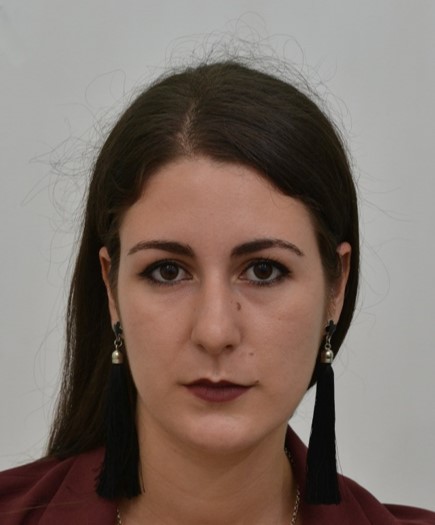
PhD student
team

Eric ESPAGNE
Group Leader
Associate Professor
Stéphanie BOISNARD
Associate Professor
Chloé GIRARD
Researcher
Denise ZICKLER
Emeritus Researcher
Robert DEBUCHY
Senior Researcher
Karine BUDIN
Research engineer
Sophie PIQUEREZ
Research engineer
Benoit MADEC
PhD Student
Kenza YEFSAH
PhD Student
Benjamin PIGEARD
Research engineer
Latest publications
For all the publications of the Team click on the button below.
External funding

CO-PATT ANR-20-CE12-0006
POLYREC ANR-20-CE20-0007



